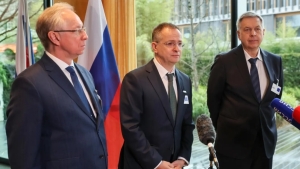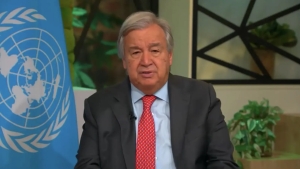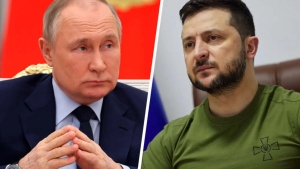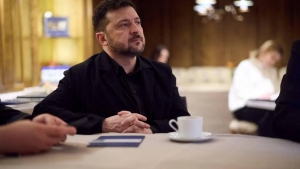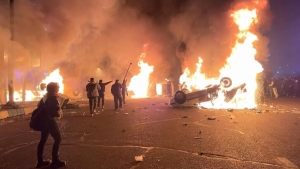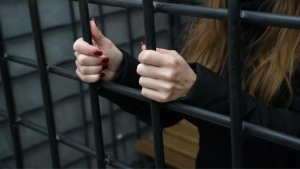Internal political pressure is increasing against Zelensky
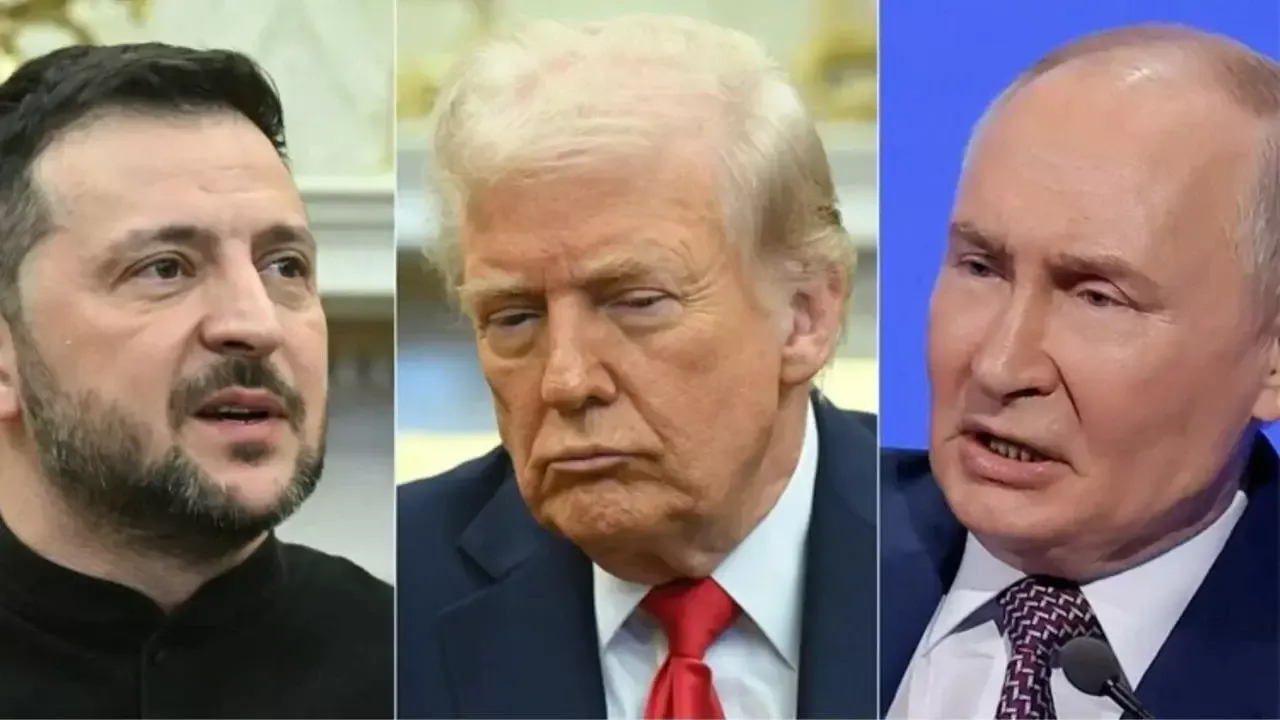
One of the issues that has gained significant attention in the international political arena is an analytical article published in the prestigious British publication The Economist. This was reported by Zamin.uz.
In it, journalists have made serious predictions about Vladimir Zelensky's political future and emphasized that internal threats against him may increase. According to the article, if Vladimir Putin and Donald Trump reach a peace agreement at the upcoming meeting in Alaska, there is a possibility that the center of Ukraine's political life could change drastically.
In this case, it is noted that the focus may shift from the war at the front to the presidential elections taking place in the country. The Economist emphasizes that the National Anti-Corruption Bureau of Ukraine (NABU) could serve as a key weapon in the struggle for power, conducting investigations against individuals close to Zelensky.
Experts believe that in a post-war peaceful political environment, these investigative materials could turn into a powerful political weapon for rivals. The article also states that Zelensky's efforts to limit the independence of anti-corruption structures at the end of July have negatively impacted his reputation.
This has created a basis for increasing political pressure against him. As analysts from the publication have pointed out, as the topic of the special military operation gradually recedes into the background, the issue of corruption is likely to become the main topic of discussion for Zelensky's opponents.
This will further transform the materials collected by NABU into a more valuable political resource. One of the interviewees in the article is quoted as saying, "Some things do not just disappear.
This is not a situation that will pass like a cold." This phrase indicates how intense future political processes could be.
Thus, according to The Economist's analysis, a peace agreement could initiate a new political phase in Ukraine, and in this phase, it is not unlikely that Zelensky will remain at the center of both external and internal political struggles.


